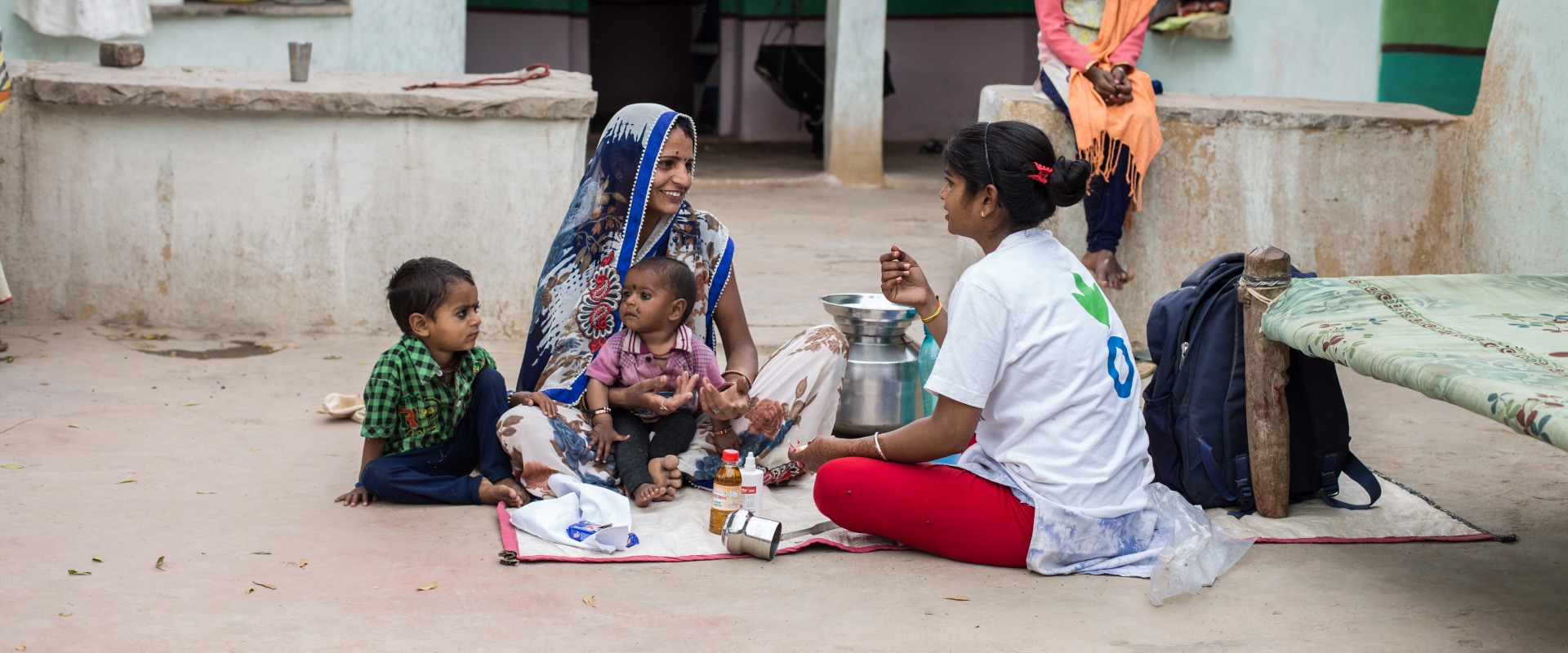
GIVE THIS RAMADAN

When a crisis hits, humanitarians are there to help. From Sudan to Afghanistan to Ukraine, aid workers are on the front lines of natural disasters and man-made emergencies providing lifesaving support to communities in desperate need.
Before and long after a disaster strikes, humanitarians work hard each and every day alongside communities to help people improve access to food, clean water, and opportunities to make a better life.
That’s why, every year on August 19, the international community recognizes World Humanitarian Day—a day to celebrate the tireless dedication of aid workers everywhere; to remember the friends and colleagues we have lost; to advocate for stronger protections and better, safer access to people in need; and to demand accountability and justice for violations of international humanitarian law.
On World Humanitarian Day, we honor aid workers who often go above and beyond to help others. In communities around the world, these women and men sacrifice much to save lives and to ease the suffering of people facing unthinkable circumstances.
We’re so grateful for the dedication of aid workers—and especially proud of our nearly 9,000 staff in 55+ countries working for Action Against Hunger. Last year alone, our teams reached more than 28 million people with lifesaving and life-changing support.
In countries like South Sudan, Mali, Democratic Republic of Congo, Haiti, and Syria, conflict makes it difficult for aid workers to safely reach the communities most in need. Many aid workers, civilians, and protected spaces like hospitals, displacement camps, and schools are targeted in attacks, a violation of international humanitarian law.
According to the Aid Worker Security Database, in 2022 alone:
Humanitarian actors cannot end conflict or prevent natural disasters, but they are a lifeline for the civilian men, women, and children who suffer their consequences. Aid workers put their lives on the line to deliver lifesaving food, water, medicines, and more to people impacted by armed violence, climate disasters, and other crises.
On World Humanitarian Day and every day, Action Against Hunger urges all parties to conflict to uphold international humanitarian law and to demand justice when it is violated. The international community can and must do more to protect aid workers and people in crisis.
Join our community of supporters passionate about ending world hunger.